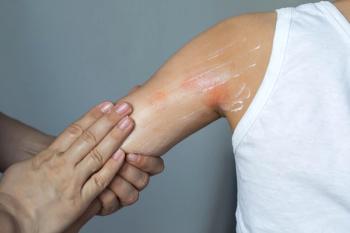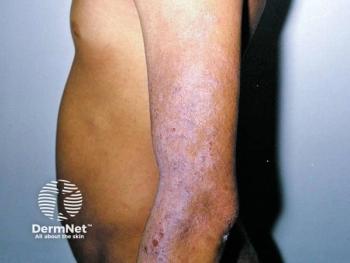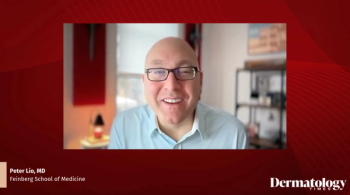
Understanding and treating atopic eczema
As more knowledge is gained into the pathophysiology of atopic eczema, it is important to understand the underlying eliciting factors in the diagnosis and treatment of the condition.
As more knowledge is gained into the pathophysiology of atopic eczema, it is important to understand the underlying eliciting factors in the diagnosis and treatment of the condition. "There are many aspects involved in the complex pathophysiology of this disease. There is a genetic component, which we are about to elucidate but it is much more complex than we originally anticipated..." says Johannes Ring, M.D.
Targeting the underlying factors involved in atopic eczema is essential in gaining control of exacerbations and preventing progression of the condition.
In addressing the diagnosis and treatment of atopic eczema, Dr. Ring's concept involves treating acute exacerbations, determining the eliciting factors contributing to the condition, and using adequate skin care between exacerbations to minimize progression of the disease.
Newsletter
Like what you’re reading? Subscribe to Dermatology Times for weekly updates on therapies, innovations, and real-world practice tips.












